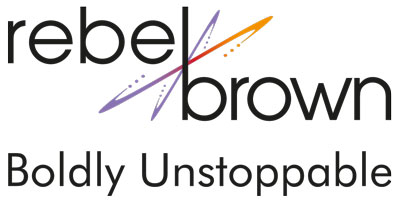There’s a reason why we fail. We all fail. The first time we tried to stand up, take a step or hit our mouth with that spoonful of applesauce, we failed. We tried again. And again. Sooner or later, we succeeded. We moved on to try the next new thing. And failed again. Until we figured it out. If we didn’t try, we’d still be in our cribs screaming for someone to come and take care of us.
As you grow, society teaches you that failing is a bad thing. It makes you less than others, means you aren’t good enough. Winners are to be lauded. Failers, not so much.
You learn that the goal is to be a winner. When in fact, the reason why we fail is because that’s how we learn, grow and advance, beyond our limiting expectations.
By creating the expectation that Winners Only are important, society dramatically reduces our drive to take risks, to step outside of the status quo, to grow. And the limiting begins.
Your Expectations Drive You to Fail at Failing
You are wired to be a learning machine. That’s why we fail. Why you don’t mind failing as a baby. You’re meant to. It’s part of how you learn and advance. How you grow and become more.
If you don’t fail, you don’t grow. You just get stuck in the way you know oh-so-well. When we’re taught to avoid failure, Bias enters the picture and we’re unconsciously driven to follow the way that’s safe and comfie. Because your brain’s number one priority is to keep you safe. So you hang on to what’s known and avoid anything that might threaten that safety. Based on a Bias that has little to do with keeping you safe, and more to do with peer pressure and control.
That’s the real failure.
Why We Fail
If you don’t fail, it means you aren’t stretching yourself to try new things. When you cease to expand beyond the known, you stop learning. Your whole system gets stifled. Your career, personal life, health, mental well being and more slowly start to stiffen, then stiffen some more. Before you know it, you’re so stiff you can’t innovate, grow or change. Welcome to one expectation we all and taught to share.
Yet failure is how we learn. I know we’ve all been told that. Do we really embrace it? Not so much.
Ask any business executive what his or her goal is and succeeding will be included. Succeeding in the form of winning, usually by beating a competitor. Don’t expect to hear anything like, “learning from my failures,” to be in the list of priority goals. Not happenin’, thanks to that expectation.
Moving Beyond the Failure Expectation
One of the things I recommend to clients is to make failure a daily goal. Remember why we fail and use it to your advantage! Try something new, stretch yourself beyond your limited and safe expectations, learn to experiment again.
Let’s say you try something new at the gym (even a heavier weight that you can’t lift.) When you journey into that new endeavor, you push yourself past you comfort zone that limits you.
You move beyond your bias. That’s the success… not the act itself. When your brain recognizes that expansion is safe, it begins to accept the idea of trying new things, and failing. You change your bias, move beyond it, by taking simple actions.
Same if you challenge your team in business to come up with one new idea each day. It doesn’t matter whether the ideas are good or bad. What matters is that you’re thinking differently, stepping beyond the bias that holds you stuck in what you already know and accept. When you reach for something new and different, you move beyond that bias. Your thinking changes, even if it is unconsciously.
Think how our world would be if everyone avoided failure? The New World wouldn’t have been discovered, we would never have stepped on the moon, most businesses wouldn’t be in business and our world would be a dark and dank stagnant place. Filled with the mediocrity that is born of standing still in Bias.
The Bottom Line
We’ve all heard the mantra, “embrace your failure.” The problem is, that doesn’t focus on shifting our expectations against failure. There’s a reason why we fail. Yet we still see failure as a threat, hear those voices saying we failed, feel the angst that’s wired into our soul, thanks to that damned Bias.
We can all move beyond our expectations against failure. From believing that failing is bad, to knowing that failing is the best thing we can do.
When we seek out and celebrate our failures, we shift our brain’s programming.
We take that first brave step into the unknown, fail, and then step again, and again. Innovating, growing and succeeding along the way. That’s how we take control of our world
That’s what I call shifting our attention. When we pay attention to new things, we shift our expectations. Since our expectations create our experience – that’s how we take control of our world.






